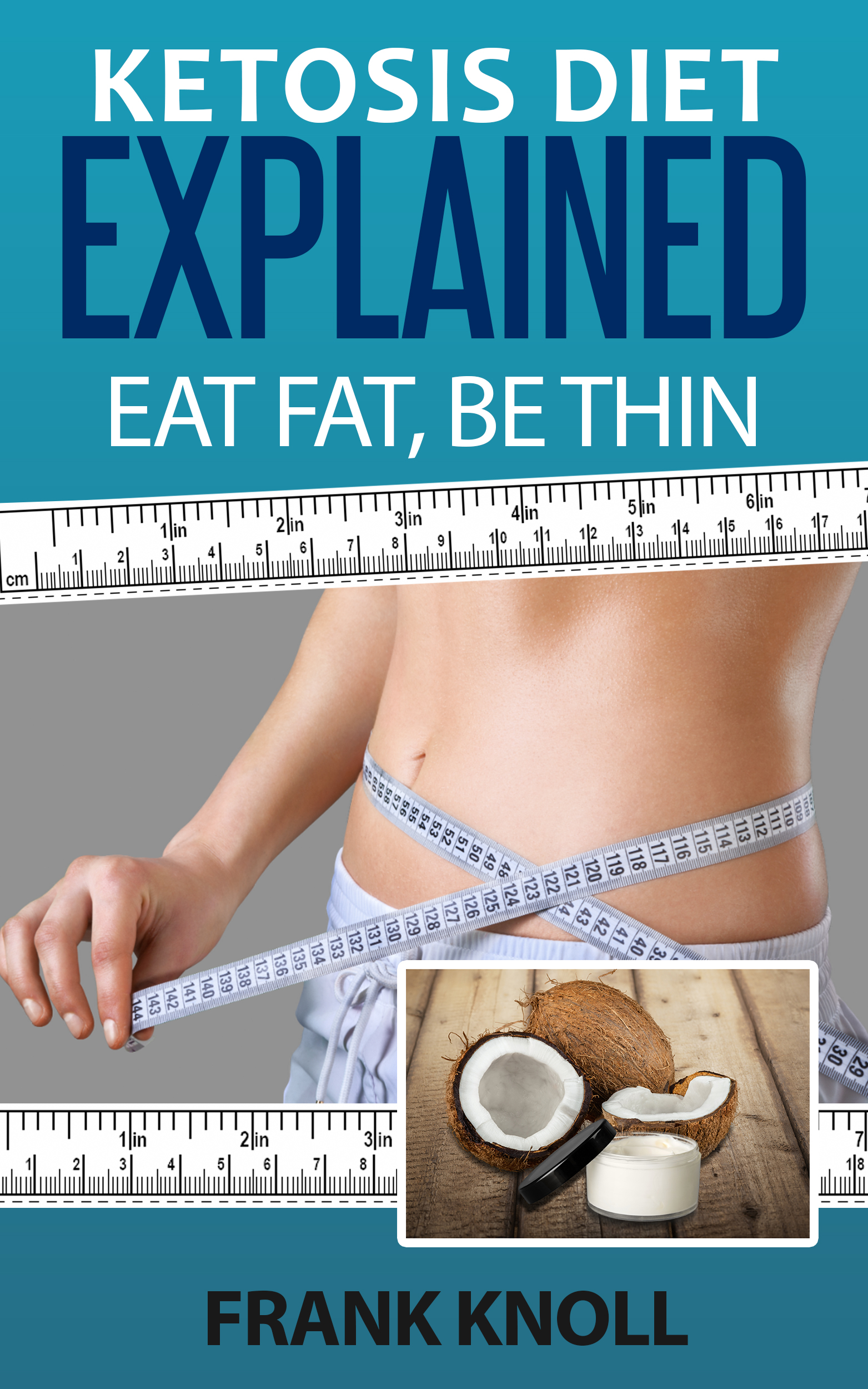
Ten Low-carb Myths Debunked
Before jumping into anything new, we all have questions. If you are curious, and looking for answers regarding the authenticity of myths that soar about low-carb diets, like ketosis, now is the chance to educate yourself. Here we have compiled a list of the10 most popular myths concerning low-carb diets, and the truth behind these statements.
Myth #1:
The low-carb diet is dangerous. The truth is that it is not, and has been proven over the years to be safe and extremely effective. Dr. Atkins gets credit for this diet, but he was not even close to being the innovator, he just brought it into the mainstream, which brings us to myth #2.
Myth #2:
The truth is the father of low-carb, high protein diet dates back to 1863. William Banting of England who wrote a little booklet titled “Letter on Corpulence Addressed to the Public” is considered the father of low carbohydrate dieting. He proved this over years, helping people lose weight without any side effects.
Myth #3:
Low-carbs, high protein and high fat raises cholesterol. The truth behind this statement is it actually lowers cholesterol. For one year, researchers at the Veterans Affairs Medical Center in Philadelphia followed 132 obese adults randomized into two groups.
The carb intake for one group was below 30 grams a day, while for the other, their overall daily caloric intake was reduced by 500 calories with 30% of the calories coming from fat sources. 83% of the study group had diabetes or other risk factors for heart disease.
In the low-carb group, triglyceride levels decreased more and HDL (‘good’) cholesterol levels decreased less than in the low-fat group. (High levels of triglycerides, a fat in the blood, are associated with heart disease.) People with diabetes on the low-carb diet had better control of blood sugar.
Another research study, published in the Annals of Internal Medicine, involved 120 overweight people and was conducted over a period of six months. Researchers from the Duke University found that participants on the low-carb diet lost 26 pounds, on average, whereas the other group averaged 14 pounds.
The low-carbohydrate group had more beneficial changes in blood triglyceride levels and HDL cholesterol levels than the low-fat diet group. In this study, the low-carb diet groups also received vitamins and other nutritional supplements.
Myth #4:
The low carb diet will cause my blood pressure to rise. Again, the truth is with lower LDL levels and VLDL levels, blood pressure levels actually drop. Lead author, Dr. William S. Yancy Jr, associate professor of medicine at Duke, said their findings send an important message to people with high blood pressure who are trying to lose weight.
Myth #5:
You need carbohydrates or glucose for your brain to function. The truth is if you are on a hardcore low-carb high protein diet, where carbohydrates are non-existent, you are on what is called a Ketogenic Diet. When on a strict diet, your body produces ketones in the absence of carbohydrates, and then converts the ketones into a form of glucose that enables proper brain function. This brings us to the next myth.
Myth #6:
You cannot eat any carbs on a high protein diet. Using the Atkins diet as an example, Atkins himself said on the Larry King show, “You can eat all the carbs your body allows as long as you do not gain weight”. What he was talking about was when we reach our desired weight you can add as many carbs to your diet until you start gaining weight, that is your threshold, for some people it is 50 grams a day for others it’s 200 grams or more.
Myth #7:
I will gain all my weight back if I stop my low carb diet. This is totally false. It does not matter which diet you choose, if you are successful in your weight loss and then stop your diet, 9 out of 10 times you revert back to your old eating habits, and start eating junk and overindulge, then of course you gain weight back.
Myth #8:
Eating protein makes you fat. This statement doesn’t hold much truth. Protein actually raises your calorie burning metabolism by as much as 30% over carbohydrates. When proteins are consumed, your body must digest and break them down into amino acids. This takes energy and plenty of it, which actually helps you lose weight, not gain it.
Myth #9:
High protein diets include fats, and fats are bad for me. Fats in the absence of carbohydrates burn more efficiently, and do not clog your arteries. As the studies show LDL levels (low density lipoproteins) which are the artery cloggers, are lowered. The levels of HDLs, which are the good triglycerides are raised even though your fat intake is increased, that as mentioned above is attributed to low carb intake.
As is previously mentioned, carbs and fat don’t mix, and your body cannot efficiently break them down together. Your liver is overburdened and ends up converting the carbohydrates into fat, unless of course you are exercising like crazy.
Myth #10:
I will not have any energy with the low carb diet. This statement is totally false, unless you are a marathon runner or bodybuilder. When you consume small amounts of carbohydrates, your body needs another source of energy. When glycogen levels are gone, your body starts using fat for energy and combustion.
If you are extremely active, it will take about 2-3 weeks, after which your body is acclimated to your new eating habits and adjusts, energizing you as before. If you are involved in an endurance sport, then of course you need extra carbs to be competitive. If you are an athlete or workout extensively, you probably would not be dieting anyway, and a low carb high carb is a moot point.
For more information here is our book:
Click image to learn how to become a best selling amazon author…




